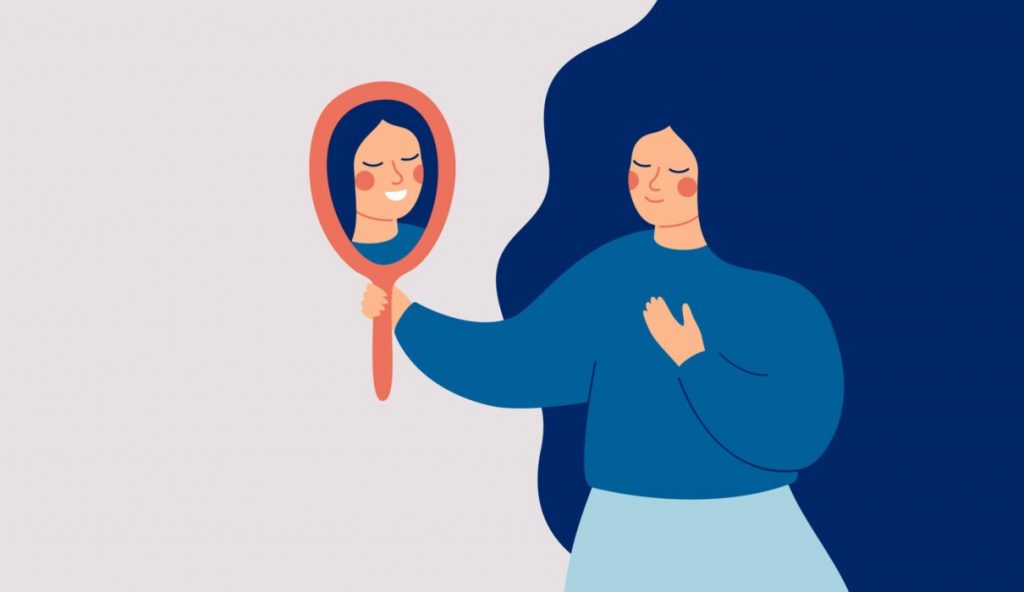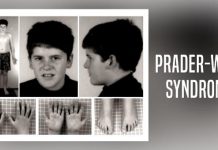The hallmarks of Narcissistic Personality Disorder are grandiosity and a sense of entitlement. What are the criteria? Can Narcissists be cured?
The name of this psychiatric syndrome, Narcissistic Personality Disorder, NPD, is taken from Greek mythology. Narcissus was an extremely handsome, cold and egotistical youth who only loved himself and believed that he was the only person worth loving. He was rude and arrogant toward those who approached him because he thought no one was worthy to deserve his presence. One version has it that the gods punished him for his egocentric pride by making him fall in love with his own reflection in a pond. He drowned trying to touch his image. In another version, Narcissus killed himself out of sadness and frustration. The gods changed him into the flower that carries his name. The ancient Greeks believed the narcissus, better known as the daffodil, symbolized vanity, egoism and conceit.
Narcissistic Personality Disorder: Psychiatric Criteria

The Diagnostic and Statistical Manual of Mental Disorders, Revised Text, (DSM-IV-TR), published by the American Psychiatric Association, is the handbook mental health professionals use to diagnose psychiatric disorders for billing purposes. People with this Cluster B Personality Disorder (PD) have an exaggerated sense of self-importance and a need for praise. Individuals who have Cluster B PDs exhibit erratic and dramatic behaviors. These individuals require and demand to be admired and praised by others, but are limited in or lack empathy. The criteria include:
- a pompous sense of self-importance, inflating achievements and abilities, expecting to be commended as superior without corresponding accomplishment;
- obsession with fantasies of unbridled victories, power, genius, beauty or idyllic love;
- believing that they are exceptional and unique and can only be understood by or should socialize with others like themselves;
- needing excessive admiration;
- feeling entitled, has unwarranted expectations of very special treatment or unquestioned compliance with what they expect;
- exploiting others to achieve their desires;
- having no empathy, doesn’t recognize or identify with others’ feelings and needs;
- often jealous of others or believes that others are jealous of them; and
- exhibiting arrogant, egotistical and haughty behavior and/or attitudes.
Narcissistic Personality Disorder: Difficult to Treat

There is a dearth of reliable clinical data about Narcissistic Personality Disorder sufferers. Clinical literature about them is general, theoretical and intangible. Narcissists rarely seek treatment and if they do, the progress is slow. It’s difficult to keep them in therapy long enough for improvement, primarily because people with Narcissistic Personality Disorder lack the motivation. Their self-reports are generally unreliable because they lie and exaggerate.
Many are likely to be pathological liars. Individuals who suffer from this condition won’t or can’t change their behavior, although it generally causes distress to others and themselves. They blame other people for problems they created. Some mental health professionals believe that Narcissism is a learned behavior pattern.
How to Recognize Narcissistic Personality Disorder

A person with NPD engages in conversations that center on themselves. They are the stars, the heroes, whether the talk is about family, work or life in general. They assert they are responsible; others, unreliable, uncooperative or incompetent. People who exhibit symptoms of Narcissistic Personality Disorder put others down. They give the impression that their time, talents and achievements are special and not worthy to waste on ordinary people. This person’s vanities and egos are enormous. Some are flamboyant and brag, while most are not as overt, but expect admiration and special treatment and may claim to be extremely intelligent and/or talented.
They demand praise and compliments, either openly or covertly, whether or not it’s flattery. Quantity, not quality, is what’s important. People who exhibit signs of Narcissistic Personality Disorder typically expect people to defer to them and their desires without question. Their motto is “Me first.” They’re greedy. If others don’t comply, this person may react with anger, hurt, contempt, impatience, coldness, criticism, by sulking and/or blaming others.

They exploit people to get what they want and don’t care about others’ feelings or needs. Lack of empathy is a trait they share with those who have Antisocial Personality Disorder, APD.
NPD is a close kin to the APD. Robert Hare is the current guru of psychopaths; Hervey Cleckley, the pioneer. Hare wrote a Psychopathy Checklist that Expanded on Cleckley’s Work, which offers ways of coping with antisocial personalities that also apply to Narcissistic Personality Disorder sufferers.
Listen carefully to what the person with Narcissistic Personality Disorder says and keep listening. Heed the feeling that, while the person might be fun to be with, something’s wrong, even if you can’t pinpoint what’s off. The person’s behavior might be that of the Narcissist.
Narcissistic Personality Disorder: Prognosis
Narcissists seek treatment only when something happens to force them to do so. Usually, it’s an ultimatum to get treatment or lose their jobs or get divorced. Trouble with the law might also be the catalyst. Whatever the motivation is, the Narcissist realizes they must change.

The key thoughts therapists must keep in mind are that people with this personality disorder are grandiose, have a strong sense of entitlement, are egocentric, exploit people and lack empathy. As long as they get their way, they’re content. These people are can be compared to Sigmund Freud’s id, a part of human personality. He was the founder of psychoanalysis. The id operates on the pleasure principle – it wants what it wants when it want it, without regard for reality or the needs and feelings of others, like an infant.
Several factors can contribute to change – maturity and learning through life’s experiences. Most people tend to develop more self restraint when they learn from experience. When people are able to grieve and/or regret, the more likely they are to change. People who exhibit symptoms of Narcissistic Personality Disorder may benefit from psychotherapy focusing on lying and feelings of shame and superiority that often make them act superior and/or entitled. Narcissists’ feelings are a dialectic – a conflict between inferiority and superiority and entitlement. The therapist must recognize this and try to figure out how to make these polarities meet in the middle.
Can narcissism be cured? It depends on the individual. According to the Ohio based Cleveland Clinic, there is no known cure for NPD; however, psychotherapy may help the Narcissist learn to relate to other people in more positive ways. Psychotherapy tries to give people greater insight into their problems and attitudes, hoping this will help change behavior. The goal of psychotherapy is to help people develop better self-esteem and more rational expectations of others. Medication might be used to treat distressing symptoms.


















